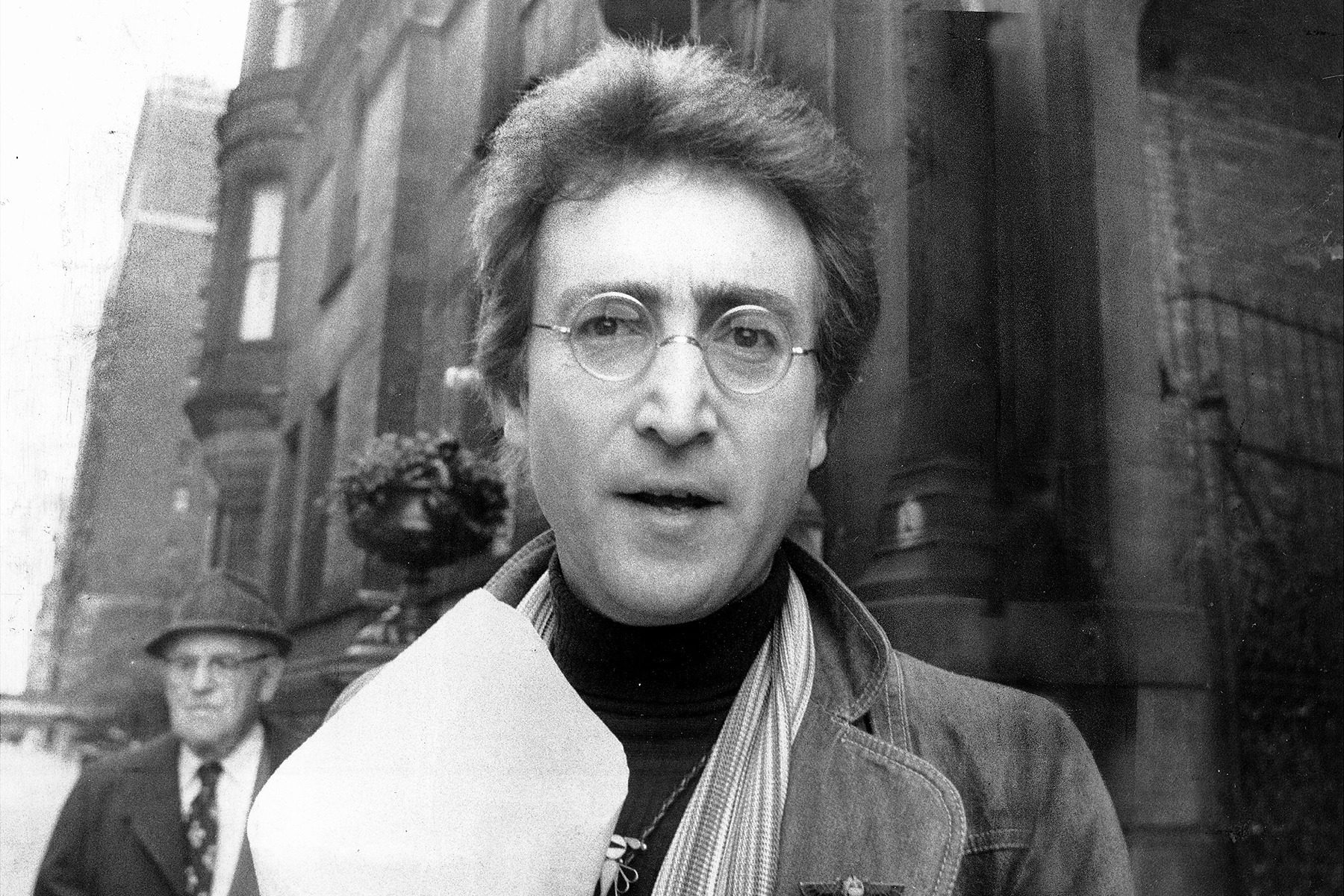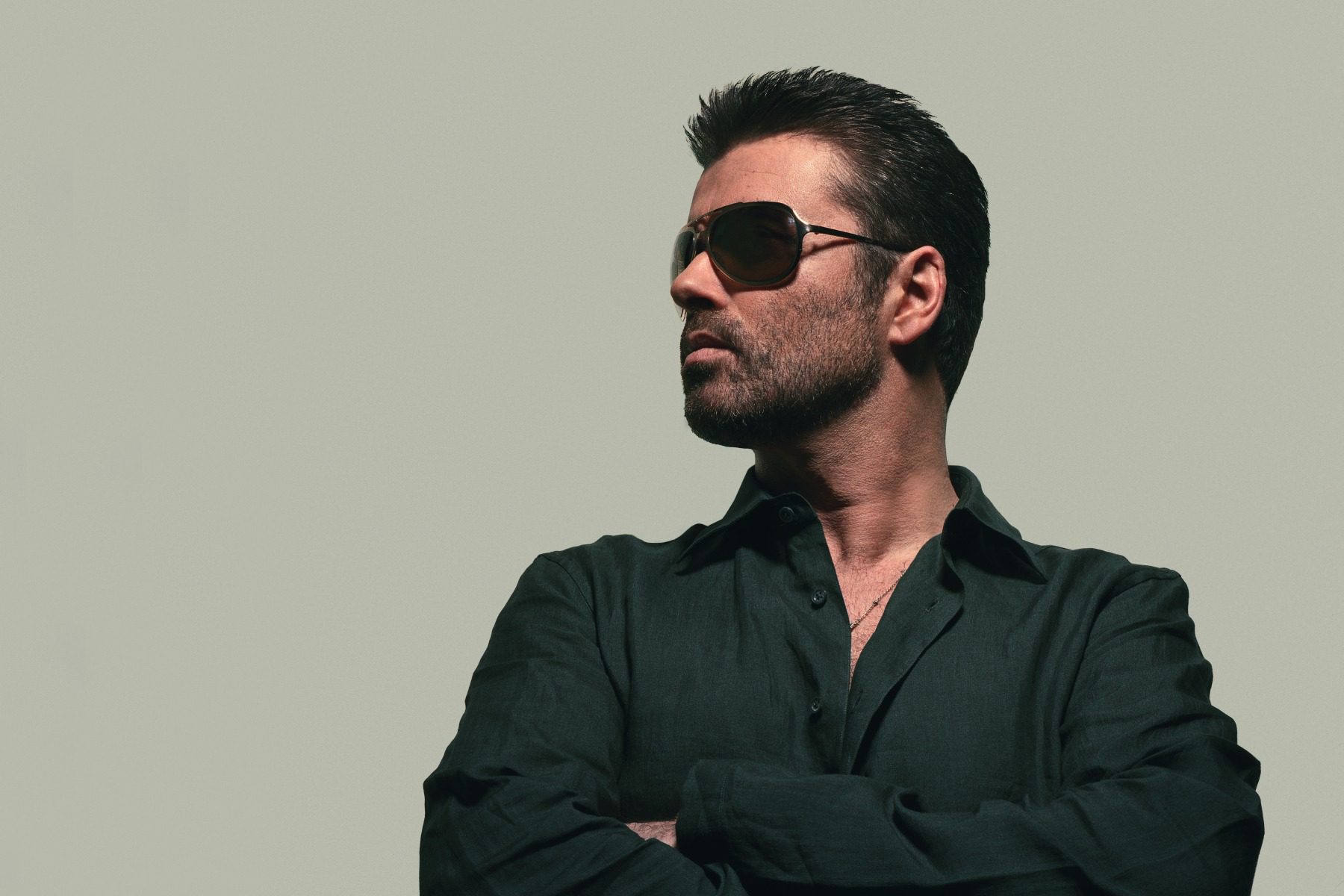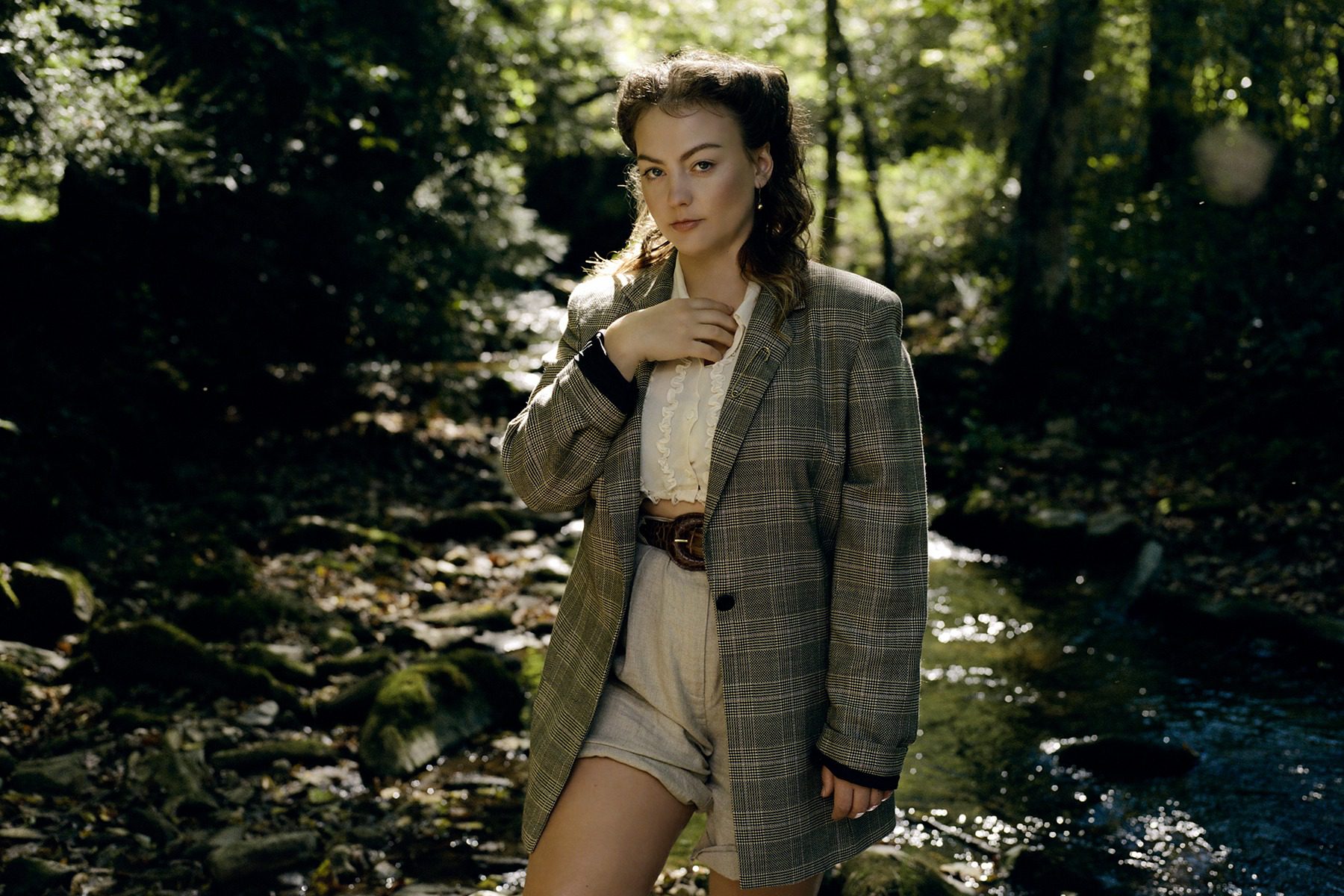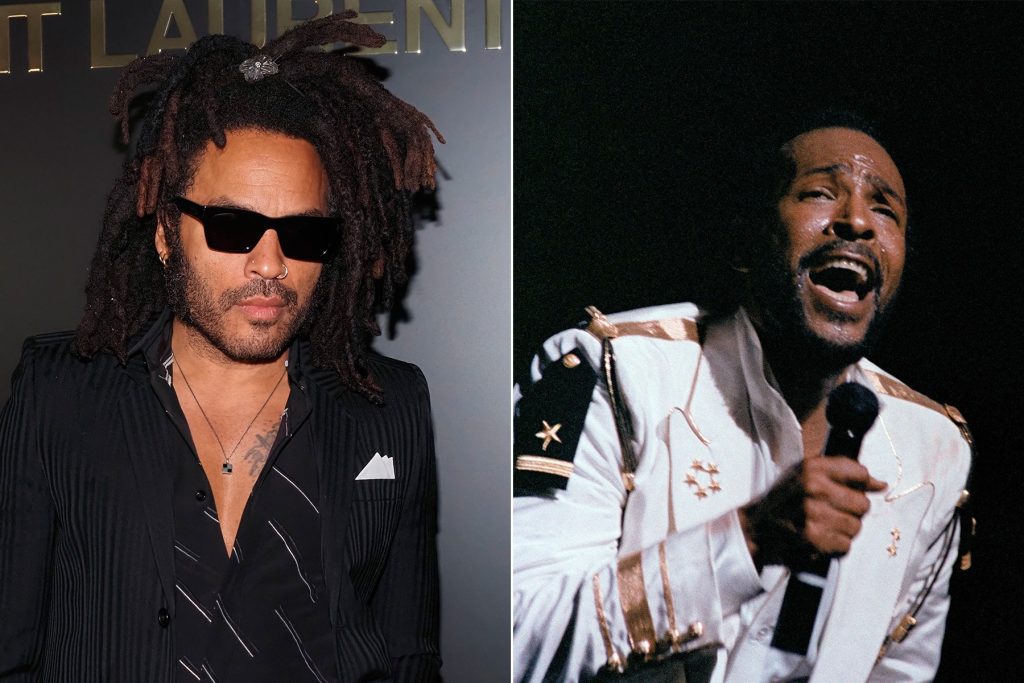
‘I Have No Shame About Nakedness’: When John Lennon Defended ‘Two Virgins’ in Court
If you were watching TV in February 1975, you may have stumbled across something truly incomprehensible: a cheesy commercial promoting a new John Lennon album “never before available anywhere!” Called Roots: John Lennon Sings the Great Rock & Roll Hits, it was a supposedly new collection of the ex-Beatle’s covers of Fifties and Sixties rock favorites like “Stand by Me” and “Slippin’ and Slidin’.”
When he heard about the ad, Lennon was surprised himself. He’d been working on such an album, which he would call Rock ‘n’ Roll, but an early tape of the record wound up in the hands of infamous music-biz heavy Morris Levy, who gave it a new title and cover and released it on his own record company. Levy claimed Lennon had given him the OK to do it; Lennon said he hadn’t. The Roots ads were shut down, and Levy’s companies, Big Seven and Adam VIII, sued Lennon and his affiliated labels (Apple, Capitol, and EMI) in New York Supreme Court, claiming breach of contract and asking for $7 million in damages.
blogherads.adq.push(function () {
blogherads
.defineSlot( ‘medrec’, ‘gpt-dsk-tab-article-inbody1-uid0’ )
.setTargeting( ‘pos’, [“mid-article”,”mid”,”in-article1″,”mid-article1″] )
.setSubAdUnitPath(“music//article//inbody1”)
.addSize([[300,250],[620,350],[2,2],[3,3],[2,4],[4,2],[640,250]])
;
});
The backstory: Levy, who owned the Chuck Berry song catalog, had previously sued Lennon in 1970 for copyright infringement based on a lyric similarity between Berry’s “You Can’t Catch Me” and the Beatles’ “Come Together,” which Lennon wrote. As part of the settlement, Lennon agreed to record three rock oldies owned by Levy. Two of those remakes ended upon Lennon’s 1974 LP Walls and Bridges, but Levy wasn’t happy that the third cut had been dropped from the album. When Lennon gave Levy a tape of the in-progress Rock ‘n’ Roll album to prove to him that the other Levy-owned song would be included there, Levy went ahead and rolled out Roots on his own, claiming he’d obtained a “gentleman’s agreement” from Lennon to release and promote the album on TV.
In the end, the court dismissed Levy’s suit and ruled in Lennon and Capitol’s favor, awarding them more than $400,000 (including lost royalties to Lennon). The incident and its attendant legal drama is laid out in Lennon, the Mobster & the Lawyer: The Untold Story, a new book by Jay Bergen, one of Lennon’s attorneys at the time. Out May 1 from Devault Graves Books, it includes large chunks of court testimony from the trial. In this abridged excerpt, Lennon is called to the stand to talk about Roots and its slapdash cover art (a photo of a long-haired Lennon in the late Sixties), which he claimed damaged his integrity. During this part of the trial, Levy’s lawyer William Schurtman, brought up the scandalous cover of Lennon and Yoko Ono’s 1968 LP Unfinished Music No. 1: Two Virgins, which pictured full frontal nudity. —David Browne
We knew John would be questioned about Roots and Two Virgins. When we were prepping I told John that Schurtman would ask him about Two Virgins in a very negative way. “He will ask me about it, won’t he?” John said. “Well, that’s no problem for me to answer and give the reasons why Yoko and I did it. It was called Unfinished Music No. 1: Two Virgins. It was part of what turned out to be a trilogy. The second one was Unfinished Music No. 2: Life with the Lions. Part of it was recorded in Yoko’s room at Queen Charlotte’s Hospital in London. She was recovering from a miscarriage. The third part was the Wedding Album. It was all very avant-garde stuff. No real music.”
We discussed John’s concept of Two Virgins in detail. By the time we finished, John was ready. John testified about the “out of focus” photo of him on the Roots cover. Schurtman asked him whether he’d ever had any album covers with out-of-focus photos. “Offhand, I don’t remember. Nothing looked as bad as this,” John answered. “I mean, I wouldn’t use this. It is a lousy picture of me.” Schurtman challenged John’s statement and John snapped at him.
“It is my opinion and it is my album,” he said.
blogherads.adq.push(function () {
blogherads
.defineSlot( ‘medrec’, ‘gpt-dsk-tab-article-inbody2-uid1’ )
.setTargeting( ‘pos’, [“mid-article2″,”mid”,”in-article2″,”mid-article”] )
.setSubAdUnitPath(“music//article//inbody2”)
.addSize([[300,250],[300,251],[620,350],[2,4],[4,2],[3,3],[2,2]])
.setLazyLoadMultiplier(2)
;
});

Schurtman: Now, Mr. Lennon, when you testified in your direct examination your counsel put into evidence a photograph of your other albums, and you testified as to the pains you personally took in preparing these covers?
Lennon: Yes, I believe so.
Now, what are your views on the Adam VIII cover?
I think it is crummy.
You think it is in bad taste?
Yes, I do, very bad taste.
Mr. Lennon, we have had here testimony previously about the Two Virgins album, which was put out by Tetragramaton [sic] because EMI would not handle it?
Right.
At this point I am going to show you that album, Plaintiff’s Exhibit 3-A for identification. I ask you whether you approved that cover?
Yes, I approved it; I took the photograph myself; I approved every detail of it; I am very proud of it. Where did you get it? It is very rare.
Were you of the opinion, Mr. Lennon, that this cover enhanced your reputation as an artist?
Yes, I have no shame about nakedness, and I do not think it is bad taste to be naked, otherwise every artist for the last 2000 years would be on trial for nakedness or having to do with naked bodies. I am a trained art student and nakedness to me is beautiful.
Did you run into any problems marketing that album?
Sir Joseph Lockwood, who was then head of EMI, decided that his company did not want to handle it, only he did not have the guts to tell me to my face. He sent a letter to all his subsidiaries around the world, but he did ask me to autograph the album for him so he could take it home, and it did enhance my reputation, yes.
You previously offered to give me an autograph, and with his Honor’s permission would you autograph this album for me at the end of the trial?
It will be a pleasure. It has made me notorious: it is worth a lot of money on the underground.
Isn’t it a fact that Capitol also refused to handle this album?
They were instructed by EMI, as far as I remember.
Did you, nevertheless, insist that the album be released to the public?
I could have sent the picture out without anyone’s permission; I did not insist, I said I wanted [it] out, and they did not mind as long as they did not have to handle it.
You did arrange for another company, Tetragramaton [sic] to put that album out?
blogherads.adq.push(function () {
blogherads
.defineSlot( ‘medrec’, ‘gpt-dsk-tab-inbodyX-uid2’ )
.setTargeting( ‘pos’, [“mid”,”mid-articleX”,”in-articleX”,”mid-article”] )
.setSubAdUnitPath(“music//article//inbodyX”)
.addSize([[300,250],[300,251],[3,3],[620,350],[2,2]])
.setLazyLoadMultiplier(2)
;
});
I don’t know who came up with Tetragramaton [sic]; somebody must have fixed it.
But you were interested in getting that album with that cover sold to the public?
Of course.
Do you remember whether there was any adverse publicity when that album got to the music stores?
There was publicity and we gave an exclusive of the album cover to IndieLand, and both IndieLand and myself were very happy with the outcome of the publicity.
Didn’t many music stores refuse to carry this album because they said it was pornographic?
I don’t remember, probably, but they did that with Beatle albums, too.
When did this come out?
’68, I think is when it came out. There was a big flurry, and the music in it was avant-garde, they would not have sold it anyway, and it was just screeches and people talking, and it was an event, rather than a musical happening.
There was a big flurry about the nude album?
Yes, and I am glad.
Why?
Because it made people think about their reactions to nudity, including your own.
Not my reactions?
The whole point of the thing was to show that a person like me has nothing to hide, and underneath all the façade and image, I look just like everyone else, and I was well pleased at the effect of this album on the public. … The Americans insisted on putting it in a brown paper bag; the Europeans were not so up-tight about it and let it be released as it stood. So it did go out somewhere.
**
Judge [Thomas P.] Griesa became annoyed at Schurtman’s Two Virgins questions, explaining the album cover didn’t have anything to do with the question of whether Levy and John had entered into a contract. That ended John’s testimony after fifty-six pages of cross-examination. “How do you think it went?” John asked me as we drove uptown.
“You didn’t miss a beat,” I said. “The time we spent preparing showed up in your answers. I don’t think Schurtman scored any points while you scored points for our defense and the counterclaims.” I laughed. “When he asked you to autograph Two Virgins, he blew up his own ‘poor taste’ argument!” We all laughed.
“That was quite a mistake, wasn’t it?” John asked. “He asked me earlier for an autograph and I told him his daughter already got one. I was surprised then but delighted when he asked me about Two Virgins.”
blogherads.adq.push(function () {
blogherads
.defineSlot( ‘medrec’, ‘gpt-dsk-tab-inbodyX-uid3’ )
.setTargeting( ‘pos’, [“mid”,”mid-articleX”,”in-articleX”,”mid-article”] )
.setSubAdUnitPath(“music//article//inbodyX”)
.addSize([[300,250],[300,251],[3,3],[620,350],[2,2]])
.setLazyLoadMultiplier(2)
;
});
John’s words, uttered on the stand, reverberated in my mind: “Where did you get it? It is very rare … It will be a pleasure [to autograph Two Virgins]. It has made me notorious: it is worth a lot of money on the underground.” A fitting ending to John’s testimony.
Excerpted from Lennon, the Mobster & the Lawyer: The Untold Story by Jay Bergen. Published by Devault Graves Books May 1st, 2022. Copyright 2021 by Jay Bergen. All rights reserved.




